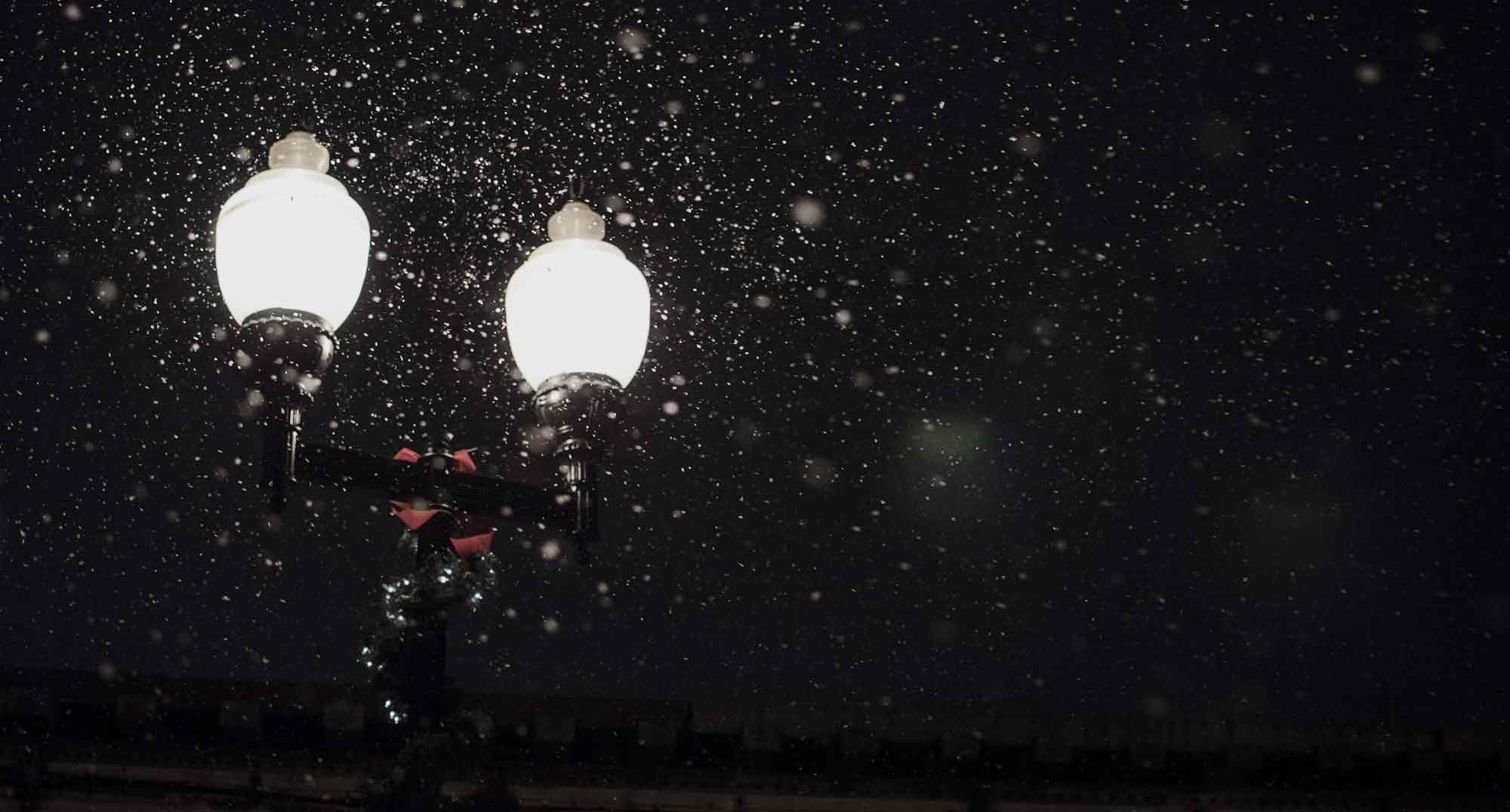He Knows Our Every Trouble
CLAIRE STREBECK | GUEST Christ identifies with all our weaknesses. Christ understands our every sorrow. Do you weep? Do you mourn? If there were one characteristic that marked Jesus' earthly ministry, it would be compassion. Over and over, he was moved with deep pity for those weeping, especially those who were disadvantaged: the widow from Nain; Mary at the death of Lazarus; the sinner-woman who wailed as she washed Christ's feet with her expensive perfume and her tears. Yet, it was not only their circumstances that provoked Jesus' emotion. Certainly, any of their conditions could have been sufficient to prompt anyone to sympathy. Still, with Jesus, each emotional response included more than mere circumstantial pity. Every time Christ was moved in his emotions, it was in response to the battle he waged with death. Jesus’ Emotional Response to Our Fallen World When Christ saw Mary and the other Jews weeping over Lazarus' death, he felt more than sorrow. John 11:33 tells us that He was "deeply moved." I was surprised to discover that the text signifies more than Jesus' sadness and sympathy–John also communicates Jesus' rage. The original Greek word used is embrimaomai, which literally translates to "being very angry or moved with indignation." Was Christ angry at Mary or those with her? Was he angry over their grief? Absolutely not. In fact, we see that he was stirred in response to their mourning, with his own shedding of tears only two verses later. It was death itself that prompted our Lord to anger. ...










